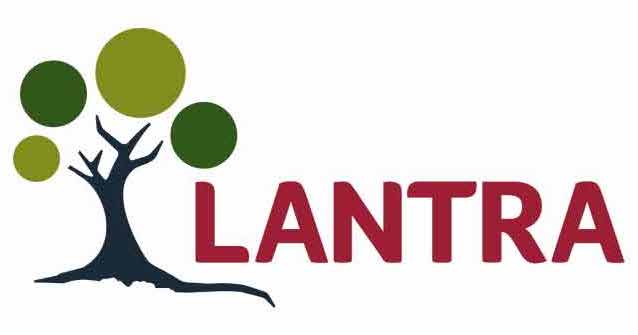Positive Planning for Biodiversity (12-11-2025)

This course provides a thorough explanation of biodiversity considerations in the planning process, including requirements for Habitats Regulations Assessment, Biodiversity Net Gain Information, appeals and conflict resolution.
Provider
CIEEM, Online via Zoom(Online)This course is available on the CIEEM website.
Description
Summary
This course provides a thorough explanation of biodiversity considerations in the planning process, including requirements for Habitats Regulations Assessment, Biodiversity Net Gain Information, appeals and conflict resolution. The course is provided online via presentations and workshops, including worked examples of real and complex planning cases. After the first session, delegates are invited to submit examples or particular issues to be discussed during the second session. Although most consultant ecologists interact with the planning process on a daily basis, there is limited direct or formal training relating to planning matters. This course aims to improve planning literacy for delegates, with practical tips for improving outcomes for biodiversity in the planning process, including negotiation and compliance. The course is more suitable for professional ecologists than the accompanying Positive Planning for Biodiversity – First Principles course, although may still suit non-ecologists providing they have a good understanding of the existing ecological legal framework.
Description
The course will begin with a workshop discussing legal compliance, best practice approaches and policy compliance. The discussion will include detail required in the planning process and potential exemptions including non-licensed method statements. The interaction between licensing and planning processes will be discussed.
An online training session will be provided covering a range of complex planning issues including:
• The planning appeals and judicial review processes;
• Habitats Regulations Assessments and Appropriate Assessments;
• Permitted Development, DCO and LDO processes;
• Conditions, Section 106 and legal agreements;
• Case Law; and
• Biodiversity Net Gain requirements.
Example cases and tips will be provided and discussion will be welcomed. Example cases will be provided at the end of part 1 for attendees to review before Part 2.
The focus can be guided by the needs of attendees, who are welcome to submit cases for discussion if they wish to. In session two, the cases will be discussed in a workshop. This will be followed by an online training session providing advice for issues which regularly arise in the planning process including:
• Making definitive decisions;
• Presenting complex and technical information;
• Negotiating good outcomes for biodiversity;
• Resolving conflicts or competing requirements;
• Presenting in person e.g. at inquiry; and
• Net gain and how to be proportional but ambitious.
NB All content will be in the context of the most current knowledge of ecological policy and planning reform at the time of delivery. The course is primarily focused on Local Planning Authority processes, although the second session can provide examples of DCO issues for discussion if relevant and helpful to delegates.
Who Should Attend?
Ecologists, planning professionals, and environmental managers working across all sectors.
Knowledge Level
Intermediate - Advanced
Prior Knowledge
This course will build on information provided by Positive Planning for Biodiversity – First Principles. It is recommended that attendees have either completed the First Principles course or already have a good understanding of the requirements of ecological law and the planning process.
Attendees are welcome to provide examples for discussion if they wish.
Learning Outcomes
- Understanding of what is required for ecological surveys, mitigation and reports to comply with legislation, policy and good practice.
- Understanding of the function of protected species licensing in the development process and the requirements for a protected species licence.
- Understand the requirement for Habitats Regulations Assessments and Appropriate Assessments and how a shadow Assessment or assessment for the competent authority should be completed.
- Understanding of the application of biodiversity net gain in the development planning process, including roles and responsibilities.
- Understanding how biodiversity obligations can be secured and enforced through the planning process and some of the challenges involved.
- Understanding of the varying ‘weight’ of ecological issues in the overall planning balance and how conflicts can be considered and resolved, including an introduction to the Appeal/Public Examination process.
About CIEEM
We are the leading professional membership body representing and supporting ecologists and environmental managers in the UK, Ireland and abroad. Our Vision is of a healthy natural environment for the benefit of current and future generations.
With a growing membership and an increasingly influential voice we are transforming the professionalism of the sector, just as our members are transforming understanding of, and attitudes towards, protecting and enhancing our natural environment.
By working together, we believe we can make a difference, leading to a world rich in biodiversity for the benefit of us all, now and in the future.


